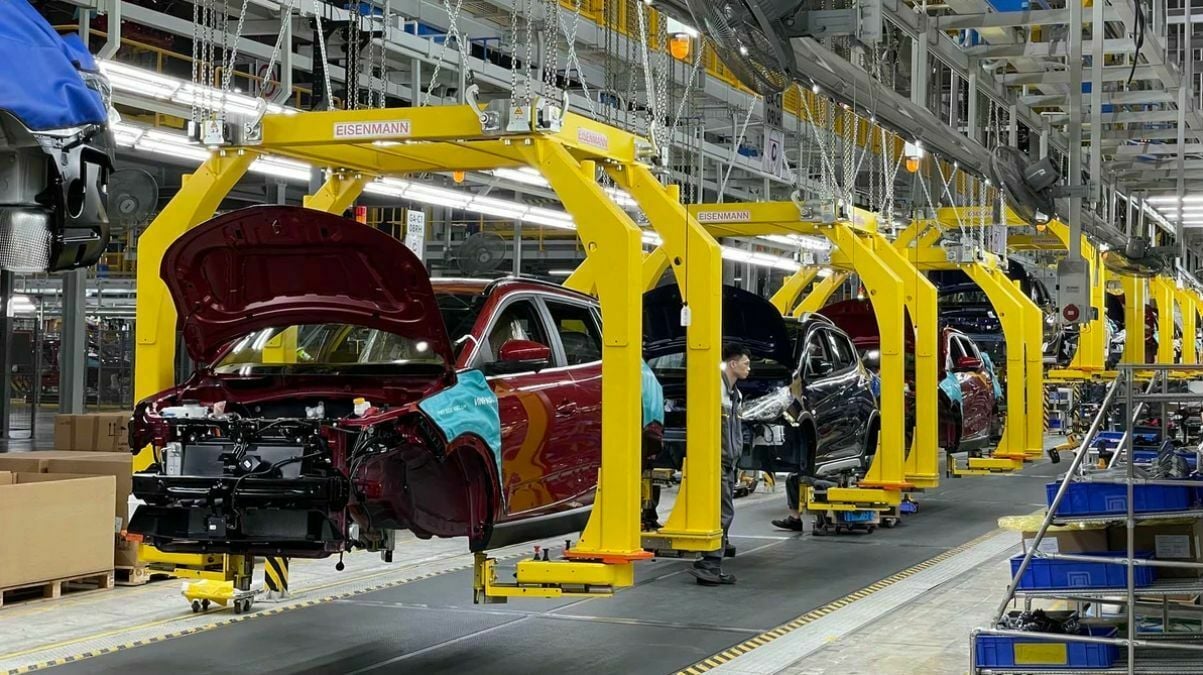Throttle trouble: Thai motorists hit the brakes on new car buys

Thai motorists are hitting the brakes on new car purchases due to economic jitters, revealed in a new report by Differential (Thailand) Co Ltd, a data analytics, technology, and research firm.
The 2024 Customer Experience Report, which polled over 2,500 Thai car buyers from November 2020 to December 2022, found that a whopping 70% of respondents intend to buy a new set of wheels only after their current car clocks nine years.
This marks a notable shift from the 2017-2018 findings, where drivers aimed for a swap after just seven years, said Siros Satrabhaya, managing director at Differential (Thailand).
“During the pandemic, travel plummeted, and car mileage barely budged compared to previous years. Economic uncertainty is clearly steering motorists’ decisions, causing hesitation in trading in their keys for new models.”
The report highlighted that broken-down cars, evolving lifestyles, and steep maintenance costs are driving factors for vehicle replacement.
When it comes to brand loyalty, about 46% of respondents plan to stick with the same brand for their next car, 6% are set on switching, and 48% remain on the fence.
Owners of Chinese car brands showed the least brand loyalty, with only 28% eager to stay loyal, 9% planning to swap, and a significant 63% undecided. By contrast, 48% of Japanese car drivers say they’ll stick with their current brand, 5% are eyeing a switch, and 46% are undecided, Siros said.
“Chinese car brands are newcomers to the Thai market and are still working to win hearts. They need time to build loyalty.”
Interestingly, the study revealed a growing enthusiasm for battery electric vehicles (BEVs). Over half of current BEV owners plan to stick with this eco-friendly option, while 25% are thinking of flipping back to internal combustion engine (ICE) cars, Bangkok Post reported.
Among drivers of non-BEV vehicles, 52% are set on an ICE car for their next ride, 23% are considering hybrids or plug-in hybrids, and 15% are eyeing BEVs, added Siros.
“As long as oil prices stay high, Thais are likely to lean towards BEVs for their next car purchase.”
Latest Thailand News
Follow The Thaiger on Google News:


























